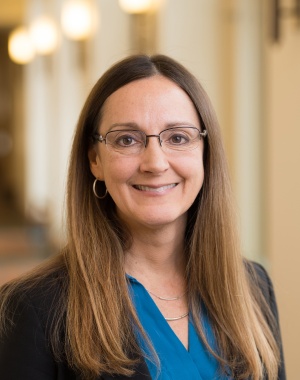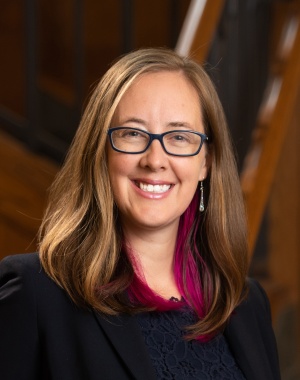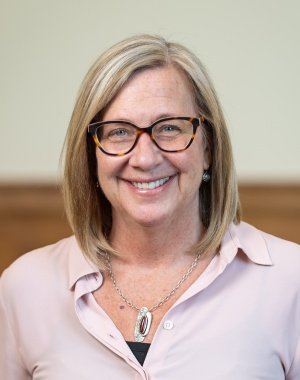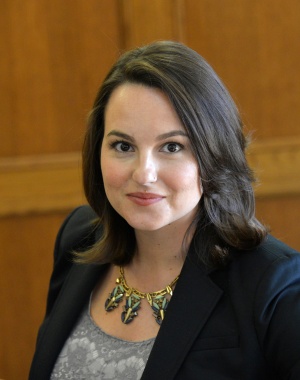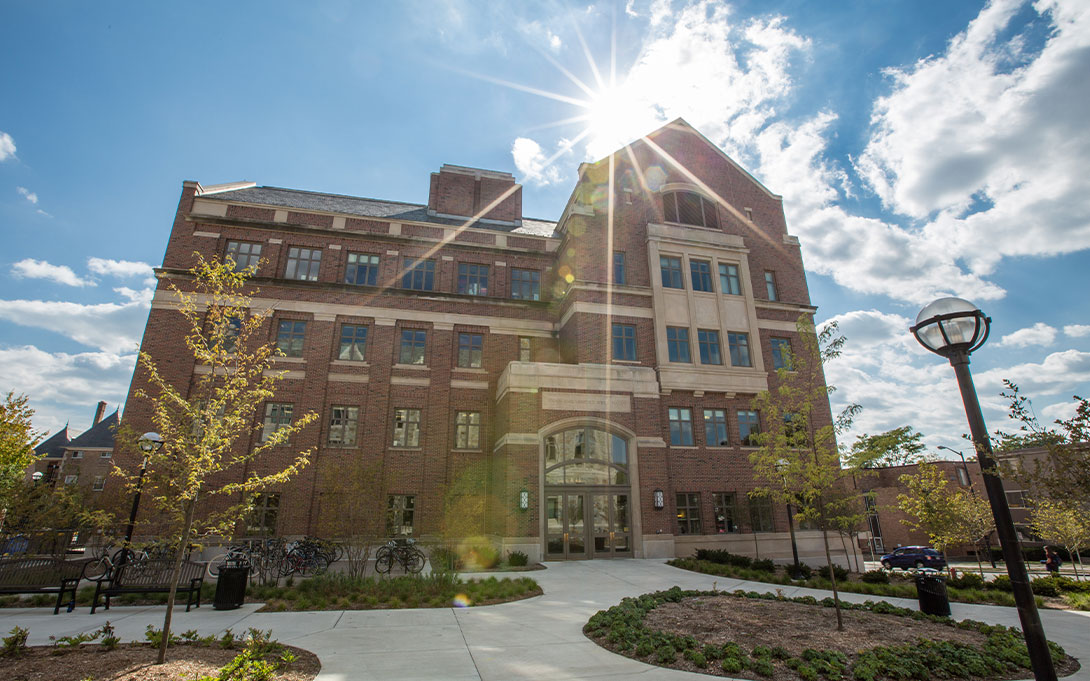
The Ford School will participate in a cross-campus University of Michigan initiative to address environmental racism and promote health equity. Three tenure track faculty positions will be hired, one each in the Ford School, the School for Environment and Sustainability (SEAS), and the School of Public Health (SPH), to examine the connections among racism and racial violence, environmental injustice and racialized health disparities to achieve better knowledge of the way policies and actions exacerbate or ameliorate unequal burdens of harm, according to the University’s Anti-Racism Hiring Initiative. The Institute for Social Research (ISR) will partner with one of the schools in hiring a faculty member.
Associate Dean for Research and Policy Engagement Luke Shaefer was one of the lead faculty on the proposal, which states, “In the U.S., racism has been a major factor in denying Black, Brown, and Indigenous communities access to adequate infrastructure and to clean, safe, healthy, and ecologically and climate resilient environments. Racism, considered in this way, can be called environmental racism, and it is often carried out through public policies at the federal, state, or local level that have either explicit racist intent or disproportionate harm to Black, Brown, Indigenous, and low-income communities. Comparatively higher health burdens—or health inequities—experienced by some communities are related to racism.”
Other Ford School faculty who contributed to the proposal were Elisabeth Gerber, Catherine Hausman, Paula Lantz, Shobita Parthasarathy, Kaitlin Raimi, and Celeste Watkins-Hayes.
Specifically, the Ford School will seek a scholar with demonstrated excellence in the field of the efficacy of health policy in narrowing racial disparities in health (and conversely how policies often exacerbate them).
Participating in the cluster with SEAS, SPH and ISR will “bring Ford more deeply into partnership with all units involved, with a direct focus on addressing structural racism. Ford’s contributions would complement other units by connecting their work to proactive and reactive policy levers necessary for structural change.”
The Anti-Racism Hiring Initiative has approved funding for 21 faculty positions across 12 schools and colleges since it was launched in fall 2020. The first faculty members hired through the program will join U-M in the 2022-23 academic year.


